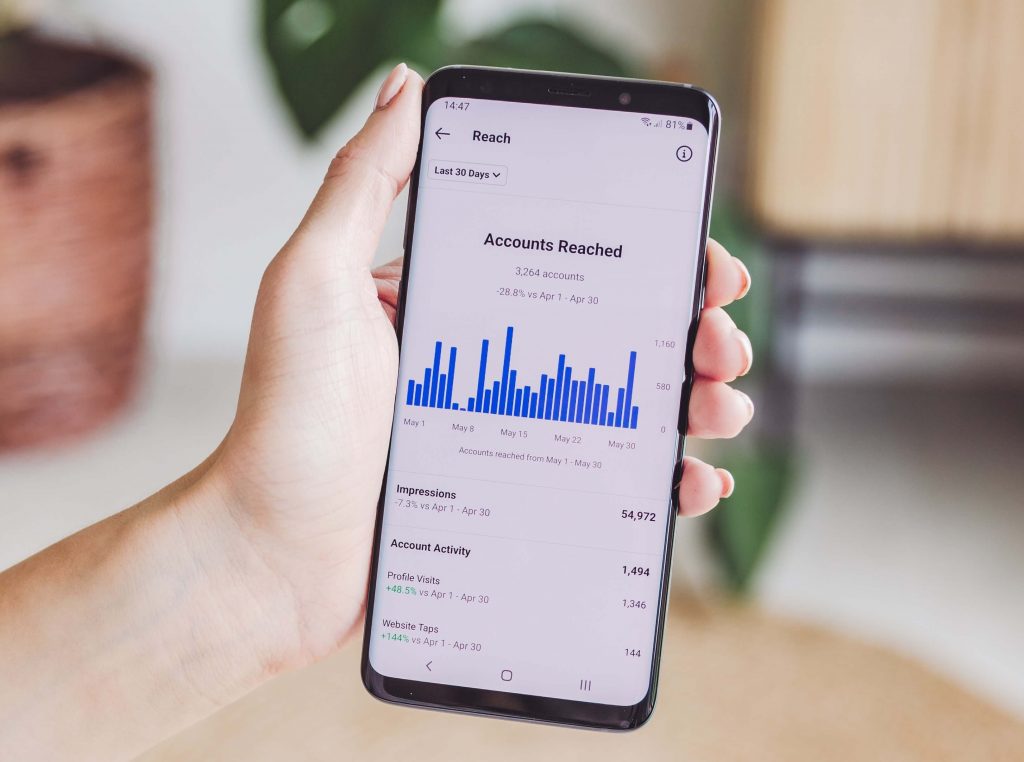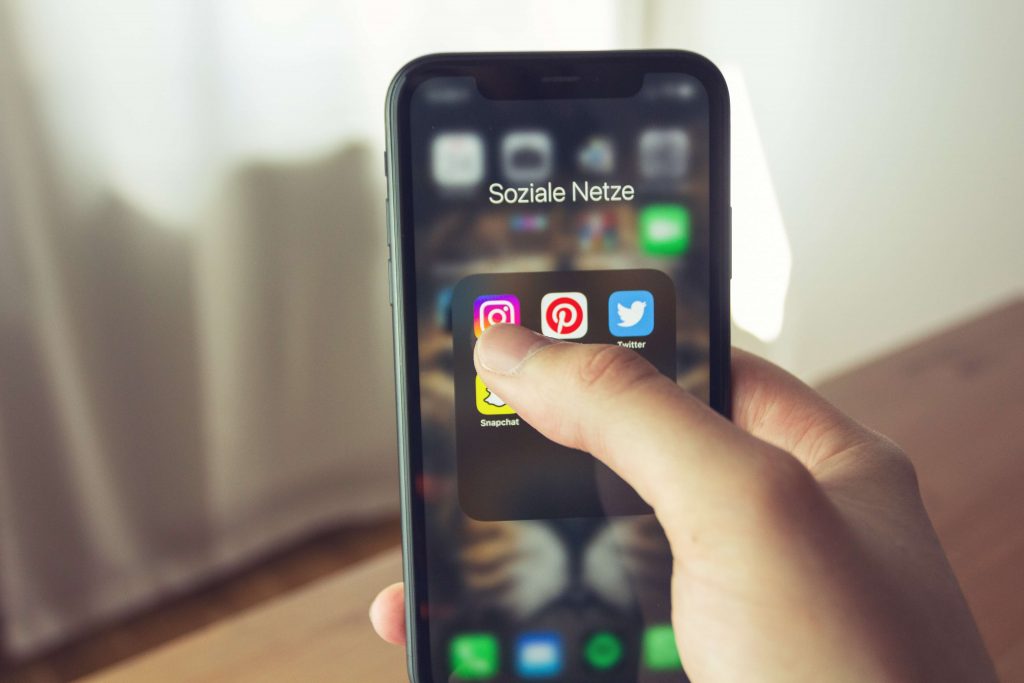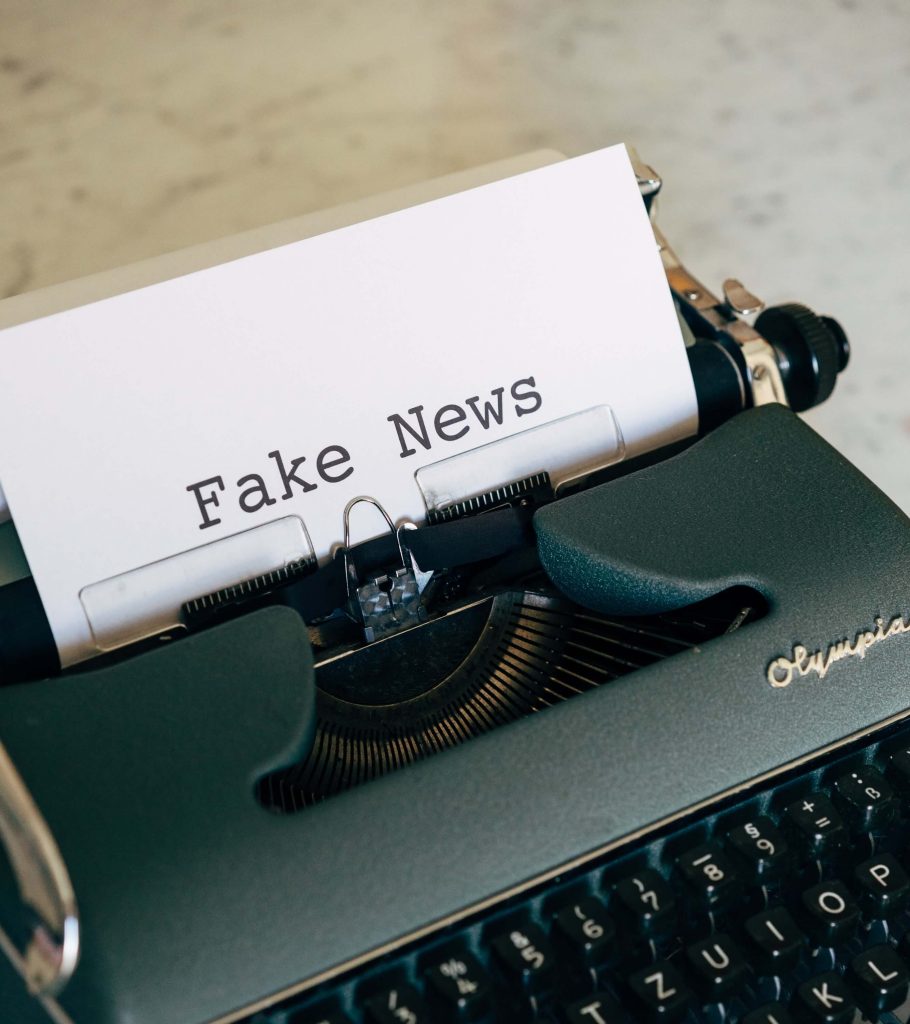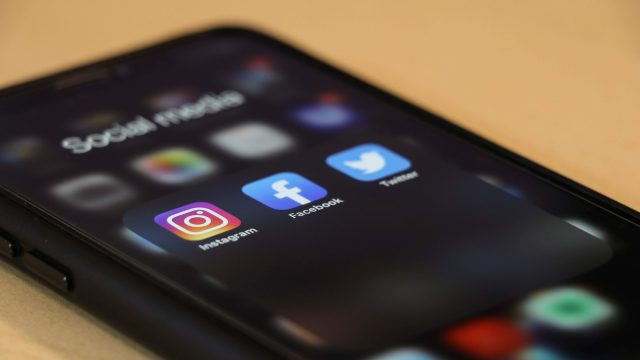Social media has undeniably transformed the political landscape in the Philippines. The prevalence of social media platforms such as Facebook, Twitter, and YouTube has given Filipinos a voice and a platform to express their political views, opinions, and sentiments. Social media has become a crucial tool for political communication, mobilization, and organization, especially among the youth and urban population.
In this article, we will investigate the impact of social media on Philippine politics, its trends, issues, and consequences. We will explore how social media has changed the political landscape, the challenges and opportunities it poses, and its implications for democracy, governance, and political participation.
Trends
Social media has become an integral part of the political process in the Philippines. It has reshaped the way political campaigns are run, political messages are disseminated, and political discourse is conducted. Social media has enabled politicians to reach a wider audience and engage directly with their constituents. It has also allowed citizens to interact with their elected officials, hold them accountable, and participate in the political process.

One of the significant trends in social media and politics in the Philippines is the rise of “netizens,” a term used to describe Filipino citizens who are active on social media platforms. Netizens have become a potent force in shaping public opinion and influencing political decisions. They have used social media to expose corruption, promote social justice, and mobilize support for various causes and campaigns.
Another trend is the increasing use of social media by political candidates during elections. Political campaigns in the Philippines now heavily rely on social media to reach out to voters and gain support. Social media platforms are used to disseminate political messages, conduct surveys and polls, and mobilize supporters. It has become a critical factor in winning elections, especially among the younger generation.
Issues
While social media has brought about many benefits in the political sphere, it has also raised several issues and challenges that need to be addressed. One of the main concerns is the spread of fake news and disinformation. Social media has enabled the rapid dissemination of false and misleading information, which can be detrimental to public opinion and decision-making.

Another issue is the abuse of social media for political propaganda and manipulation. Political candidates and their supporters have used social media to spread propaganda, attack their opponents, and manipulate public opinion. Social media platforms have become a battleground for political warfare, where trolls, bots, and fake accounts are deployed to sway public opinion.
Consequences
The impact of social media on Philippine politics has both positive and negative consequences. On the one hand, social media has empowered citizens to express their political views and participate in the political process. It has also enabled the spread of information and ideas that challenge the status quo and promote social change.

On the other hand, social media has also created a polarized and divisive political environment. It has amplified the voices of extremist groups, spread hate speech, and fueled political tensions. Social media has also facilitated the rise of populism, where politicians appeal to emotions and populist rhetoric to gain support, rather than presenting sound policy proposals.
Conclusion
In conclusion, social media has revolutionized the political landscape in the Philippines. It has become a powerful tool for political candidates to reach a wider audience, engage with voters, and mobilize support. However, the impact of social media on Philippine politics is not without its issues.
The spread of misinformation and fake news is a significant concern, as it can sway public opinion and influence the outcome of elections. Online harassment and bullying are also prevalent, which can have a significant impact on the mental health and well-being of political candidates and their supporters.

Furthermore, the potential manipulation of elections through propaganda and misinformation can have significant consequences for the democratic process in the Philippines. It is essential for individuals to be aware of these issues and take steps to combat them.
As social media continues to evolve, it will be interesting to see how it continues to shape the political landscape in the Philippines. The future of Philippine politics is closely tied to the evolution of social media and its impact on public opinion.


